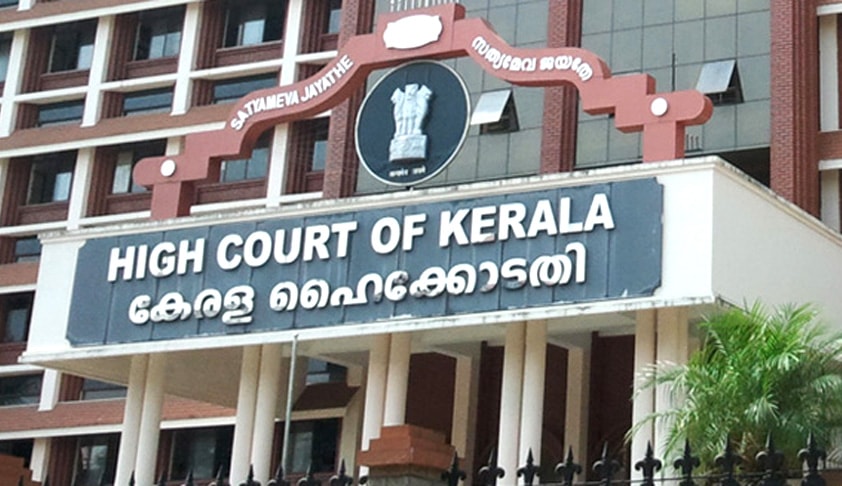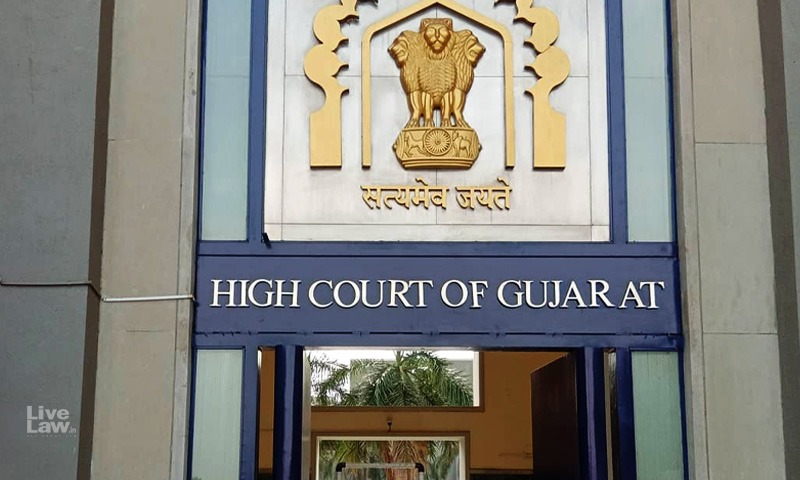P.N. Mookarjee, J.@mdashThis Rule is directed against a decision of the learned Subordinate Judge of Birbhum, sitting as a Small Cause Court Judge. The Rule arises out of a suit for recovery of Rs. 720 on a contract (Ex. 1) dated Sravan 23, 1357 B.S., corresponding to August 8, 1950. The suit was brought on the allegation that, under the contract, mentioned above, the Defendant undertook to have the suit land cultivated and fish reared in the suit tanks as agent of and on behalf of the Plaintiff and that he stipulated to pay half the produce of the land and half the fish, reared in the tanks, to the Plaintiff and to retain the other half as his remuneration. In the contract there was also a stipulation that, in default of payment of the produce and the fish, the Plaintiff would be entitled to a sum of Rs. 720 per annum from Defendant.
2. The defence which has succeeded before the learned Subordinate Judge is that the Defendant was, under the contract, Ex. 1, pleaded by the Plaintiff, a bargadar and that, accordingly, the present suit was barred under the provisions of the West Bengal Bargadars Act, 1950. The learned Subordinate Judge has accepted this defence and has dismissed the Plaintiff''s suit on this preliminary ground. The propriety of that decision is challenged in this Rule.
3. In my opinion, this Rule ought to succeed.
4. Under the de definition, given in the Bargadars Act (vide Section 2(b))" "Bargadar" means a person who under the system generally known as adhi barga or bhag cultivates the land of another person on condition of delivering a share of the produce of such land to that other person. The word "cultivates" in the definition quoted cannot be ignored and it certainly contemplates some self-cultivation by the bargadar and an undertaking "to "get the land cultivated" as distinct from an undertaking "to cultivate the land" will not normally or, at least, in the absence of a proper context, be sufficient for the purpose.
5. The relevant part of the contract (Ex. 1) between the parties may now be set out for the purpose of ascertaining the status of the Defendant. That part is in these terms:
and of special importance are the words, underlined above.
6. It is clear from what I have set out above that the Defendant undertook to have the Ka schedule land cultivated, and there is no undertaking to cultivate it in the sense of any sort of self-cultivation, and fish reared in the Kha schedule tanks as agent of the Plaintiff. The language appears to be clear on that point. In this view of the matter and having regard to the further fact that the Defendant had the status of a bargadar. The agreement was not only land but also two tanks, I am not inclined to hold that the Defendant had the status of a bargadar. The agreement (Ex. 1) clearly contemplates that the Defendant was to get the land cultivated for and on behalf of the Plaintiff and as his authorised agent. It is difficult to hold that the said language is consistent with the definition of bargadar, quoted above, which, as the word "cultivates" shows, prima facie speaks of cultivation, or some sort of self-cultivation, of the land by the bargadar. 1 find nothing in the context or the tenor of the relevant document (Ex. 1) to depart from that ordinary meaning of the definition clause for purposes of this case and, accordingly, in the light of the distinction, pointed out by me, the Defendant cannot be held to be a bargadar.
7. In my opinion, the relationship between the parties was really that of agent and principal and the Defendant cannot claim the status of a bargadar for the purpose of defeating the Plaintiff''s suit by invoking the West Bengal Bargadars Act, 1950. It is true that, at places in the agreement (Ex. 1) there is mention of the word bhag in connection, with the Defendant''s (agent''s) remuneration but, in the context in which it appears and reading the document (Ex. 1) as a whole and having regard also to the subject matter of the agreement (Ex. 1) which includes two tanks for the rearing of fish, I am not inclined to agree with the learned Subordinate Judge that the Defendant must be held to have the status of a bargadar.
8. In this view of the matter, I hold that this Rule must succeed in part, the decision of the learned Subordinate Judge must be set aside and the case must be remitted to him to be decided on the other defences, raised in the written statement.
9. The Rule is, accordingly, made absolute as above.
Costs of this Rule will abide the final result.

